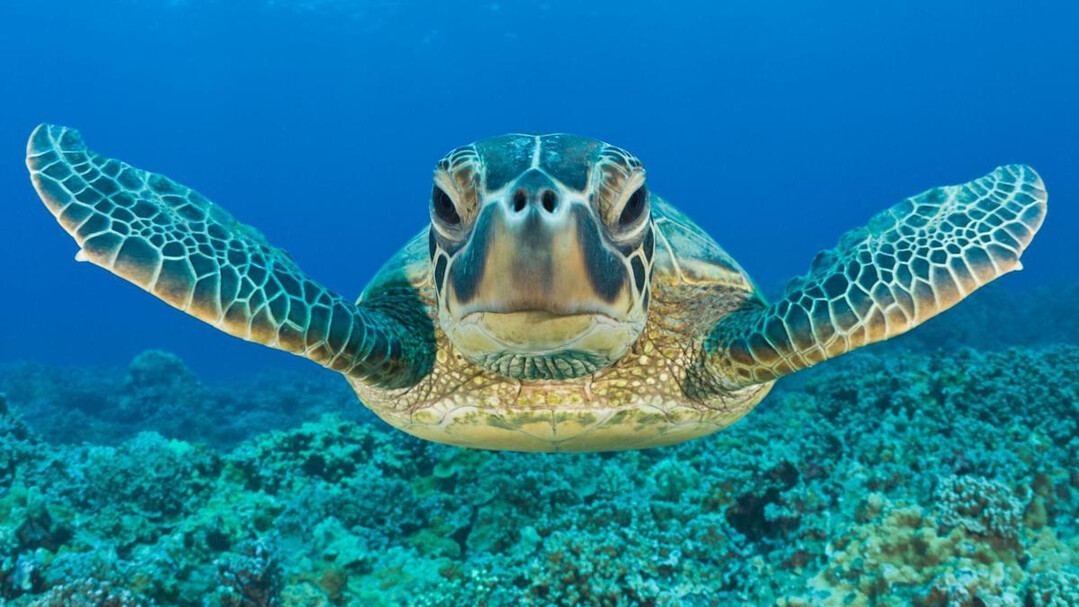
GENEVA, Switzerland — The global conservation community is celebrating a significant victory as the International Union for Conservation of Nature (IUCN) announced a major positive shift in the conservation status of the Green Sea Turtle (Chelonia mydas). In the latest update to the IUCN Red List of Threatened Species™, the species has been reclassified, moving three categories from 'Endangered' (EN) to 'Least Concern' (LC). This remarkable recovery, the result of nearly five decades of persistent, coordinated worldwide effort, offers compelling evidence that decisive human intervention can reverse the decline of long-lived marine species.
Significant Downlisting on the Red List
The Green Sea Turtle, one of the ocean's largest inhabitants, was first listed as 'Endangered' by the IUCN in 1982 due to drastic population collapse. This decline was primarily fueled by overharvesting for meat and eggs, and the use of their shells as decorative materials, alongside widespread accidental capture in fishing gear (bycatch). For over four decades, the species remained a symbol of marine wildlife imperilment.
The recent reclassification, dropping it to 'Least Concern'—a designation for species not currently under immediate threat of extinction—signals a substantial global population rebound. Experts, including Roderic Mast, co-chair of the IUCN's Species Survival Commission Marine Turtle Specialist Group, emphasize that this is a powerful demonstration of what sustained, decades-long conservation strategies can achieve, stabilizing and even restoring populations of ancient marine life. The global population of Green Sea Turtles has reportedly increased by approximately 28% since the 1970s.
Key Conservation Strategies Prove Effective
The successful recovery is attributed to a comprehensive, multi-faceted approach implemented by governments, environmental organizations, and local communities across the globe. Key initiatives focused on mitigating human-caused threats:
Nesting Site Protection: Conservationists intensified patrols of nesting beaches to protect adult females returning to lay eggs and to safeguard nests from poaching and environmental disturbance. In many areas, community-based programs focused on artificially incubating eggs and safely releasing hatchlings into the sea to maximize their chances of survival against human predation and natural threats.
Mitigating Bycatch: Efforts were made to educate coastal communities about the need to end the unsustainable harvest of turtles and their eggs. Critically, technological innovations like Turtle Excluder Devices (TEDs) were introduced into commercial fishing nets. These specialized grid systems are designed to allow turtles and other large marine life to escape trawling nets while retaining the target catch, significantly reducing incidental mortality.
Policy and Law Enforcement: The species has benefited from strengthened national and international protection laws, including prohibitions on hunting and trade, coupled with increased enforcement to prosecute illegal activities.
Success stories are particularly notable in regions like Ascension Island, Brazil, Mexico, and Hawai'i, where local subpopulations have recovered to near pre-exploitation levels. In Florida, for instance, nesting counts have skyrocketed, proving the efficacy of these protective measures.
Continued Vigilance Essential Despite Victory
While the downlisting is a cause for celebration, conservation leaders caution against complacency. Dr. Grethel Aguilar, IUCN Director General, stated that the Green Sea Turtle's recovery reminds the world that conservation efforts work when pursued with determination. Nevertheless, significant threats persist, and the species remains markedly depleted compared to its historical abundance before colonial exploitation.
Current and emerging challenges, including plastic pollution, boat strikes, and the existential threat of climate change, continue to pressure turtle populations. Rising sea temperatures and coastal erosion pose a serious risk to nesting beaches, potentially compromising reproductive success and hatchling health in the future. As such, conservation efforts, particularly those focused on protecting critical habitats and tackling pollution, must be sustained to ensure the long-term vitality of the Green Sea Turtle. This milestone serves not as an end point, but as a mandate for continued global commitment to marine preservation.
[Copyright (c) Global Economic Times. All Rights Reserved.]




























